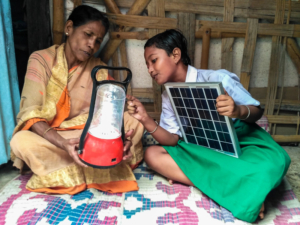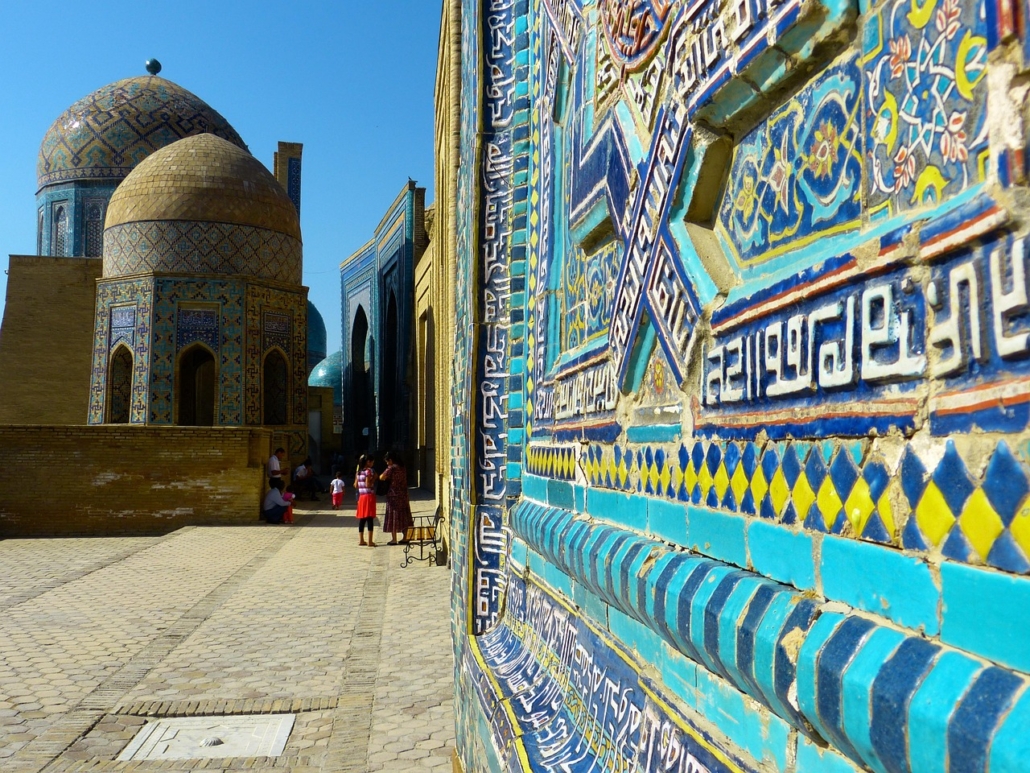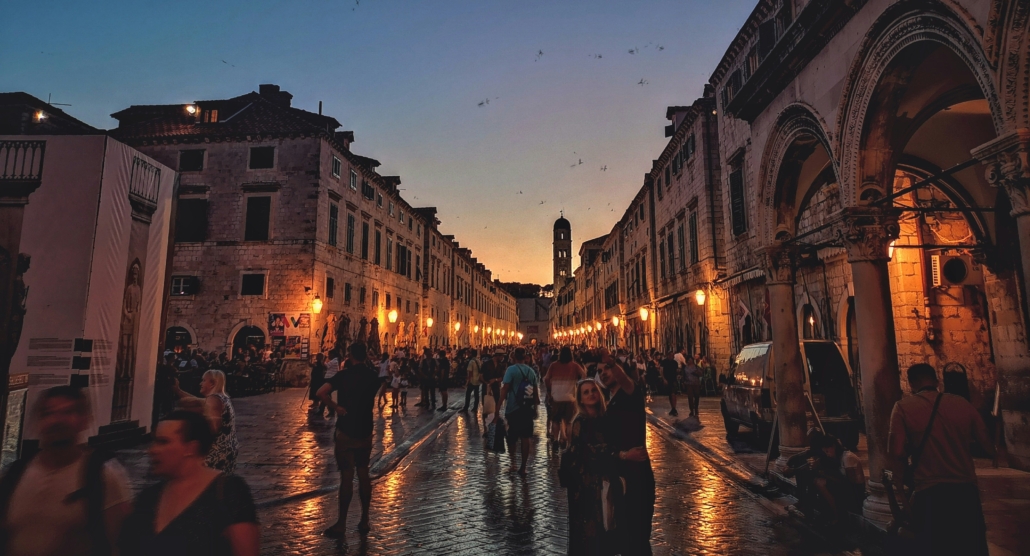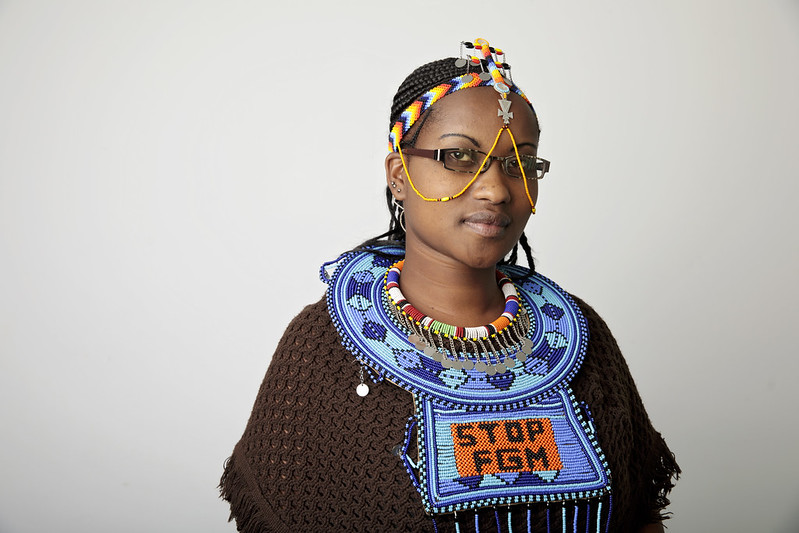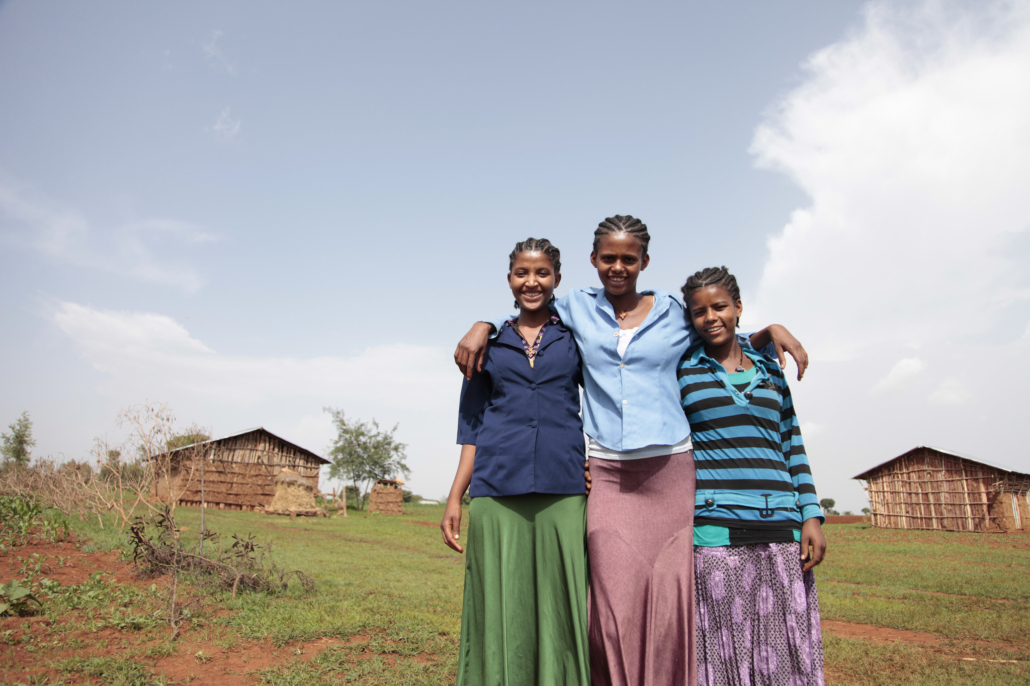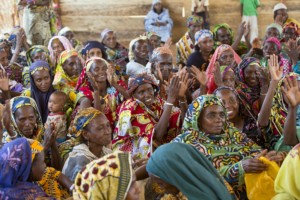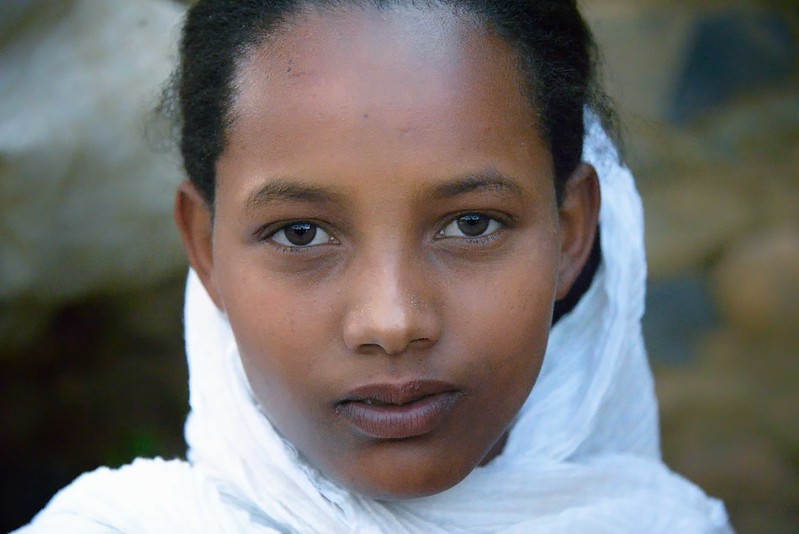 Jameela Jamil is an actress, activist and advocate for gender equality. Known for her role in The Good Place, she has built a reputation for using her platform to challenge societal norms and uplift marginalized voices. Recently, Jamil partnered with Always to fight period poverty—a widespread issue that prevents millions of girls and women from accessing menstrual products. Together, they launched initiatives that deliver menstrual products to underserved communities and advocate for systemic solutions through policy and education.
Jameela Jamil is an actress, activist and advocate for gender equality. Known for her role in The Good Place, she has built a reputation for using her platform to challenge societal norms and uplift marginalized voices. Recently, Jamil partnered with Always to fight period poverty—a widespread issue that prevents millions of girls and women from accessing menstrual products. Together, they launched initiatives that deliver menstrual products to underserved communities and advocate for systemic solutions through policy and education.
Understanding Period Poverty
Every month, more than 2 billion people around the world menstruate. Menstruation – or period – is a natural and healthy process, yet millions of women and girls cannot afford menstrual products or access to safe water and sanitation to manage their menstrual health and hygiene. In many low-income countries, period poverty forces girls to miss school and prevents women from accessing work opportunities. It also sustains stigma surrounding menstruation. This lack of access leads to health complications from unhygienic alternatives and causes long-term economic setbacks for women who cannot fully participate in society.
Role in Advocacy
Jamil has consistently used her voice to spotlight overlooked issues, including menstrual health. Through social media and public appearances, she highlights the hidden struggle of period poverty and stresses the need to treat menstrual care as a basic human right. Her advocacy frames period poverty not just as a product-access issue, but as a symptom of deeper systemic gender inequality. By confronting stigmas and encouraging open dialogue, Jamil helps normalize conversations about menstruation.
Jamil’s Partnership with Always
In partnership with Always, Jamil has helped distribute more than 1 million sanitary pads to girls in underserved communities across Africa, South Asia and Latin America. This effort ensures that fewer girls miss school due to menstruation. The partnership not only delivers immediate relief but also raises global awareness about menstrual equity.
Jamil also pushes for policy reforms to tackle period poverty at the systemic level. She advocates for menstrual equity laws that guarantee free access to sanitary products in schools and public institutions. Countries like Scotland have already passed such laws and Jamil encourages others to follow their lead. Public education campaigns and government-supported programs remain critical to building sustainable change.
Stories from Girls Impacted by Period Poverty
Jamil’s work also amplifies the voices of girls who have lived through period poverty. Many of them have shared how access to menstrual products helped them stay in school, pursue their goals and rebuild their confidence. Their experiences underscore a key truth: when girls receive the resources they need, they gain the power to strengthen their communities and economies.
Looking Ahead
While Jameela Jamil’s partnership with Always has made significant strides, millions of girls and women still face barriers due to menstruation. By supporting grassroots efforts, sharing information and pushing governments to prioritize menstrual health, the global community could help end period poverty for good.
– Divya Beeram
Divya is based in San Antonio, TX, USA and focuses on Technology and Celebs for The Borgen Project.
Photo: Flickr
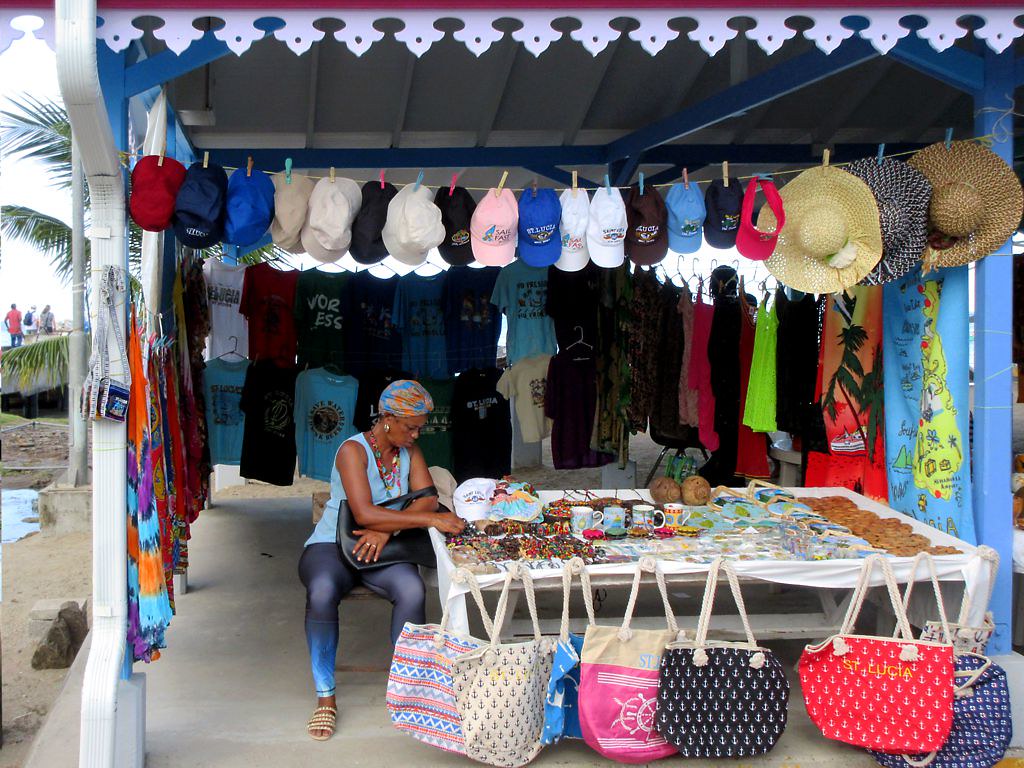
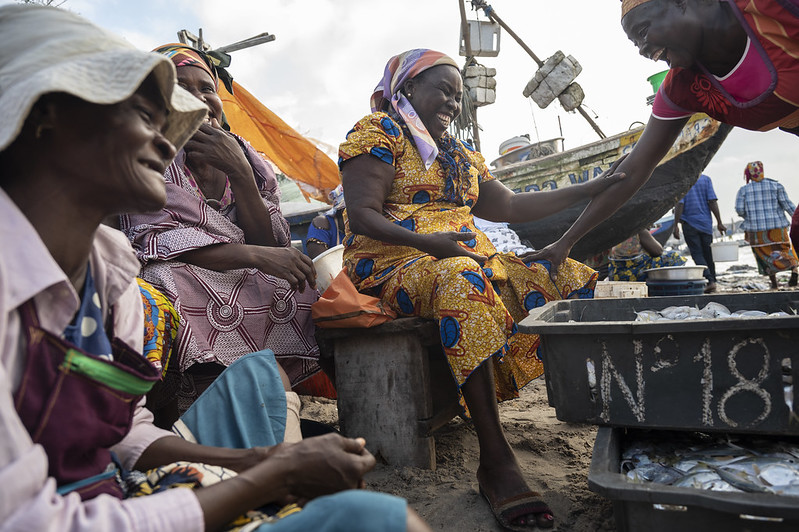 The government of Ghana allocated
The government of Ghana allocated 